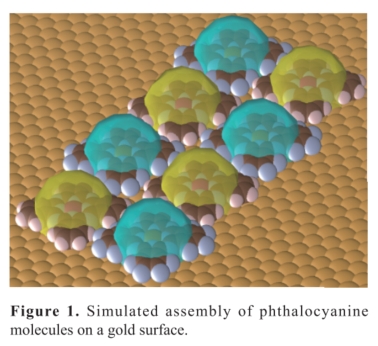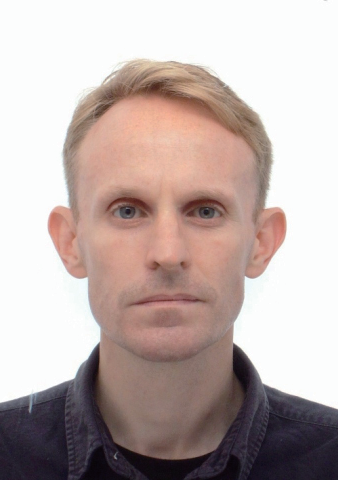Daniel M. Packwood
Institute for Integrated Cell-Material Sciences (iCeMS), Kyoto University, Kyoto, 606-8501, Japan
EXTENDED ABSTRACT: Over the last several years, machine learning and other data science techniques have made a profound impact on computational materials science. On the one hand, data science techniques have significantly broadened the scope of molecular simulation, allowing us to study more complex materials over longer time scales. On the other, these techniques have allowed us to extract obscure structure-function correlations from material databases, which can subsequently be used to design new functional materials. In this presentation, I will illustrate these points by introducing two topics from our group's research. The first topic concerns the formation of supramolecular clusters via on-surface molecular self-assembly (Figure 1). By utilizing machine-learned intermolecular potentials, we have developed new methodology for simulating the molecular self-assembly process and predicting what kinds of supramolecular clusters will form. This simulation enables one to screen different types of molecules for the purposes of designing new supramolecular materials with novel functionality [l, 2]. The second topic concerns the design of organic semiconductor materials. We have developed a pipeline which integrates both supervised and unsupervised machine learning, as well as chemical expertise, for discovering organic semiconducting materials with specific band gaps and high charge mobilities [3].

Keywords: surfaces, self-assembly, semiconductor, machine learning, density functional theory
REFERENCES
[l] D. M. Packwood, P. Han, T. Hitosugi. Nat. Commun. 8, (2017), 2469
[2] D. M. Packwood. Adv. Phys. Res. 1(1), (2022), 2200019
[3] D. M. Packwood, Y. Kaneko, D. Ikeda, M. Ohno. Adv. Theory Simul. (2023). In press. DOI:10.1002/adts.202300159

Daniel Packwood is a principal investigator at the Institute for Integrated Cell-Material Sciences (iCeMS) at Kyoto University. He graduated from the Department of Chemistry at the University of Canterbury in 2010, was a postdoctoral researcher at the Department of Chemistry at Kyoto University between 2010 and 2012, and an assistant professor at the Advanced Institute for Materials Research (AIMR) at Tohoku University between 2012 and 2016. His research focuses on the design of functional molecular materials using techniques from computational chemistry and applied mathematics. In 2016, he received the 5th Fujiwara Hiroshi Prize for